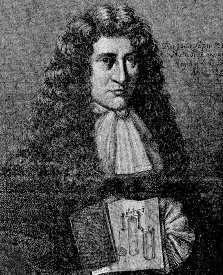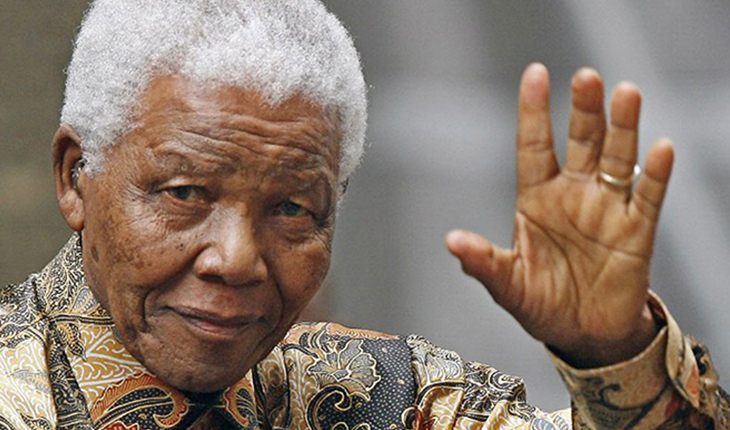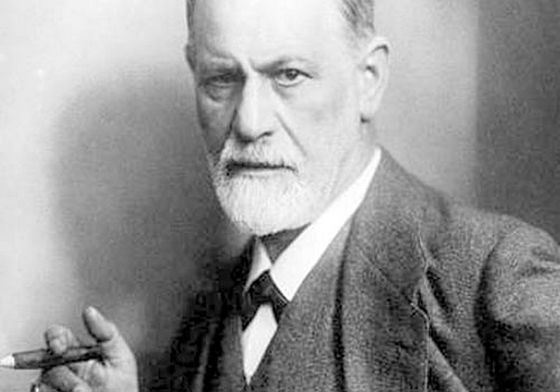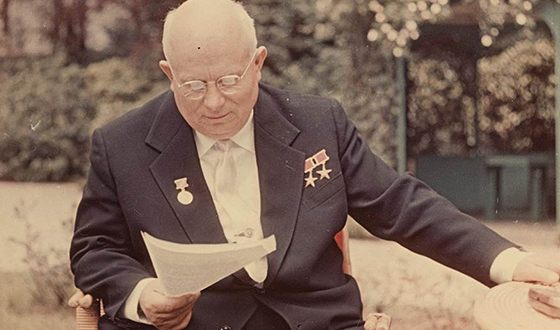Denis Papen
 Denis Papen is a famous French scientist, physicist, mechanic, talented inventor, who was well ahead of his time and made an important contribution to the development of technical progress. His birthplace was a small French town near Blois. The date of his birth is called 08.22.1647, the truth in reality is the date of his baptism. Denis was the eldest son in the family of Madeleine Pino and Denis Papen, the Royal Counsel. Mother dreamed of medical education for the eldest son, as was customary in her family. After studying at a Jesuit school, 16-year-old Denis begins studying medicine at the University of Angers. He is interested in physics, mathematics, medical science is much less interested in him. Having received a certificate of graduation from the university, he is sent to Paris in 1670, intending to work as a doctor. With him he had a letter of recommendation to the spouse of one of the influential royal officials, who was from the same place as the Papen family. In a conversation with her husband, J. Colbert, Denis Papin told about his dream of doing research. And then something happened that drastically changed Papen’s life. It turned out that Colbert was just providing the work of a group of scientists. This commission was given to him by the king himself. Work assistant to H. Huygens and R. Boyle. One of the participants in the group was the famous physicist H. Huygens. The scientist needed an assistant, and Papen, without hesitation, agreed to take this place. He thoroughly studies physics, mechanics, helps the Dutch scientist in experiments with vacuum. For conducting experiments using an air pump created a rarefied medium. Thanks to a special valve, Papen perfected the design of the air pump, as well as a number of other devices. Papen will write in his work New Experiments with Emptiness, born in 1674, about how the airless environment affects plants and living organisms. One of the founders of the Royal Society, Robert Boyle, who decided to invite the talented inventor to England in 1675, became aware of the Papen pump and the published book. From this time to 1681, Papin works in close cooperation with R. Boyle, and later, with another famous scientist, R. Gook. Papen is an assistant during experiments to study the properties of gas, while working on their own projects. He has been conducting experiments for a long time, studying the dependence of the boiling point of water on pressure. Boiler Papen. In 1679, he invented a device in which when cooking meat was used an elevated pressure obtained by heating. To achieve tightness, Papen covered the boiler with a lid, securing it with screws. On the lid there was a valve with a load, which allowed to get rid of excessive pressure. Papen’s digester is a prototype of a pressure cooker or autoclave well known to us, which appeared more than two centuries later. At the time of the inventor, the boiler did not receive practical use. In 1681, Papin was invited to work in Venice. However, the Italian authorities refused to finance the scientific Academy, where Papen was invited and in 1684 he returned to London for the post of “temporary curator of experiments.” He carried out a huge number of experiments on hydraulics, invented a number of machines for lifting water, designed a centrifugal pump (1689). Steam engine and other inventions. From 1688 he lives in Marburg, where he works as a professor of mathematics at the university. In 1690, he invents the steam engine, fully describes his closed thermodynamic cycle. On the creation of the engine, which uses the power of steam in the work, he thought about the invention of the digester. Clarity in many details of the design gave him a correspondence with G. Leibniz on a number of theoretical and practical problems. The scientist offered to install his steam engine on a self-propelled vehicle, on a river self-propelled vessel. Unfortunately, he failed to translate the idea of a steam engine into reality. Scientists have been proposed and other outstanding ideas. They proposed the design of a furnace for melting glass, a blast furnace, the idea of long-term storage of products using vacuum, original ideas of a submarine, ballista, or a gun capable of throwing charges over long distances. In 1695, Papin left the university, worked as an engineer at the court of Landgraf Karl of Hesse, invents water-lifting devices. Last years of life. A large family and the need for money forced Papen to go back to London in 1707. Here he found neither old friends nor a worthy place. The last years of his life a brilliant inventor spent alone and in need. Not even the exact date of his death – the 1712th or 1714th. Today, in the homeland of the scientist, in Blois, a bronze statue of a scientist is installed, one of the city streets named after him, the house in which he lived, has been a historical monument since 1928, a portrait of an unrecognized genius adorns the Paris Academy. Denis Papen is a famous French scientist, physicist, mechanic, talented inventor, who was well ahead of his time.
Denis Papen is a famous French scientist, physicist, mechanic, talented inventor, who was well ahead of his time and made an important contribution to the development of technical progress. His birthplace was a small French town near Blois. The date of his birth is called 08.22.1647, the truth in reality is the date of his baptism. Denis was the eldest son in the family of Madeleine Pino and Denis Papen, the Royal Counsel. Mother dreamed of medical education for the eldest son, as was customary in her family. After studying at a Jesuit school, 16-year-old Denis begins studying medicine at the University of Angers. He is interested in physics, mathematics, medical science is much less interested in him. Having received a certificate of graduation from the university, he is sent to Paris in 1670, intending to work as a doctor. With him he had a letter of recommendation to the spouse of one of the influential royal officials, who was from the same place as the Papen family. In a conversation with her husband, J. Colbert, Denis Papin told about his dream of doing research. And then something happened that drastically changed Papen’s life. It turned out that Colbert was just providing the work of a group of scientists. This commission was given to him by the king himself. Work assistant to H. Huygens and R. Boyle. One of the participants in the group was the famous physicist H. Huygens. The scientist needed an assistant, and Papen, without hesitation, agreed to take this place. He thoroughly studies physics, mechanics, helps the Dutch scientist in experiments with vacuum. For conducting experiments using an air pump created a rarefied medium. Thanks to a special valve, Papen perfected the design of the air pump, as well as a number of other devices. Papen will write in his work New Experiments with Emptiness, born in 1674, about how the airless environment affects plants and living organisms. One of the founders of the Royal Society, Robert Boyle, who decided to invite the talented inventor to England in 1675, became aware of the Papen pump and the published book. From this time to 1681, Papin works in close cooperation with R. Boyle, and later, with another famous scientist, R. Gook. Papen is an assistant during experiments to study the properties of gas, while working on their own projects. He has been conducting experiments for a long time, studying the dependence of the boiling point of water on pressure. Boiler Papen. In 1679, he invented a device in which when cooking meat was used an elevated pressure obtained by heating. To achieve tightness, Papen covered the boiler with a lid, securing it with screws. On the lid there was a valve with a load, which allowed to get rid of excessive pressure. Papen’s digester is a prototype of a pressure cooker or autoclave well known to us, which appeared more than two centuries later. At the time of the inventor, the boiler did not receive practical use. In 1681, Papin was invited to work in Venice. However, the Italian authorities refused to finance the scientific Academy, where Papen was invited and in 1684 he returned to London for the post of “temporary curator of experiments.” He carried out a huge number of experiments on hydraulics, invented a number of machines for lifting water, designed a centrifugal pump (1689). Steam engine and other inventions. From 1688 he lives in Marburg, where he works as a professor of mathematics at the university. In 1690, he invents the steam engine, fully describes his closed thermodynamic cycle. On the creation of the engine, which uses the power of steam in the work, he thought about the invention of the digester. Clarity in many details of the design gave him a correspondence with G. Leibniz on a number of theoretical and practical problems. The scientist offered to install his steam engine on a self-propelled vehicle, on a river self-propelled vessel. Unfortunately, he failed to translate the idea of a steam engine into reality. Scientists have been proposed and other outstanding ideas. They proposed the design of a furnace for melting glass, a blast furnace, the idea of long-term storage of products using vacuum, original ideas of a submarine, ballista, or a gun capable of throwing charges over long distances. In 1695, Papin left the university, worked as an engineer at the court of Landgraf Karl of Hesse, invents water-lifting devices. Last years of life. A large family and the need for money forced Papen to go back to London in 1707. Here he found neither old friends nor a worthy place. The last years of his life a brilliant inventor spent alone and in need. Not even the exact date of his death – the 1712th or 1714th. Today, in the homeland of the scientist, in Blois, a bronze statue of a scientist is installed, one of the city streets named after him, the house in which he lived, has been a historical monument since 1928, a portrait of an unrecognized genius adorns the Paris Academy. Denis Papen is a famous French scientist, physicist, mechanic, talented inventor, who was well ahead of his time.



